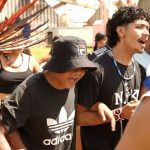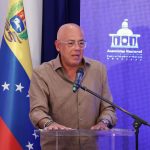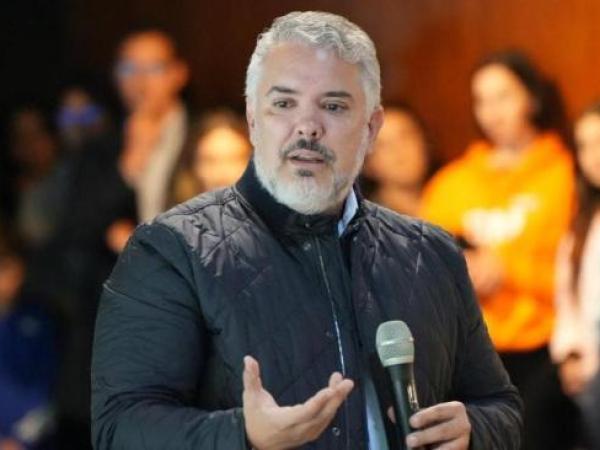Eirinet Gomez
The newspaper La Jornada
Tuesday, August 20, 2024, p. 11
Social media makes money off of people’s attention. It’s not in the business of discerning what’s fact and what’s fake, but how much time you can spend watching videos on YouTube or TikTok.
said Geysa González, an expert in social networks, who gave the conference Does disinformation demand media literacy?
From room 1, located on the ground floor of the Rector’s Tower of the National Autonomous University of Mexico (UNAM), he stressed that in order to get people’s attention they resort to strident content, or a thunderous presentation to attract visitors.
He highlighted the role of the algorithm that uses users’ preferences to push similar information, skewing various data to which they have a right and to which they are obliged to expose themselves if they wish to be citizens who want to have well-founded opinions.
Geysa González believes that in the last decade, the number of malicious actors trying to promote false narratives through social-digital platforms for different purposes has multiplied.
There is a manipulation of information to try to blur the line between what is reality and what is fiction. It is a cancer that, regardless of who is using it, affects how we communicate, how we discuss important issues, and above all, it divides us as a society.
.
The expert, who has been following fake news on the Internet since 2014, said that they are very effective because they infiltrate crucial areas of society: politics, beliefs, and how we see the world.
“In these issues, passion is inevitable. If someone questions what you say, the first reaction is not to say ‘of course, you’re right’, but ‘you’re wrong’, and that’s how the debate goes. That’s why it’s essential to have a common basis of facts in order to be able to exercise democracy effectively.”
Like nicotine
Geysa González compared lies to nicotine, considering that in the same way that people decide to smoke despite the fact that cigarette boxes have warnings, When content on the Internet has a label warning that it could be fake, people click on it much more.
.
Regarding disinformation campaigns, he said, they are not immediate, but rather long-term strategies, like a drop of water against a stone, You need a drop, another drop, another drop, it is not the drop in singular, but several drops in the same place that break the stone.
.
The individual, the key
In the context of fake news, he said that democracy is the one that fails and loses in this global competition of who tells the truth and who is the liar. Those of us who believe in this form of government think that everyone thinks this system is the best, but that narrative is not what single mothers or LGBT youth believe. They are not failing when they believe information that is not true, we are failing them because we do not tell them why this system is the best for them.
For González, the way forward is not to restrict freedom of expression or to establish restrictions on digital platforms; he insisted that the most effective way to counteract lies is the individual, People have to verify information, look for the truth, what is the fact, citizens have the responsibility and the power of the truth
.
He added that the best audit is the one carried out by society, who sees how a media outlet, a social-digital network or an artificial intelligence system works, and decides whether to continue using it or not
.















